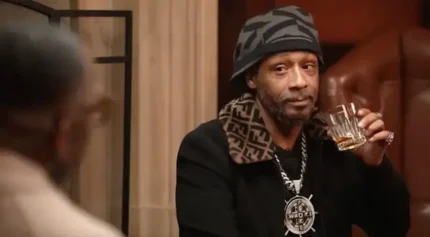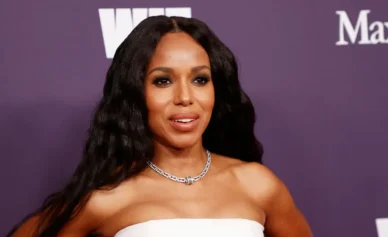Is it time for Black Americans to seize control of our image, vote with our dollars and create a means to directly distribute our own content? Timing, as they say, is everything. And perhaps the time is now.
It’s 2015 and current events, news and gossip have all conspired to confirm that there are systemic barriers to acknowledging, let alone promoting, an adult, affirming and nuanced Black perspective of the world. Connecting the dots, from Don Sterling’s vile racial comments that cost him his NBA team to the ongoing reaction to the endemic injustices in the U.S. legal system, the fuse of discontent regarding the institutional, racist status quo has been lit — and it shows no sign of abating.
Chris Rock recently penned a first-person piece for The Hollywood Reporter in which he declares that, “Hollywood is a White industry.” Nefarious hackers, likely with North Korean loyalties, pried open emails of top Sony executives and producers to expose the simple-minded belief that even President Obama must see the world through the time-worn, clichéd cultural images of the “Black” experience, rather than as a worldly, complex and intelligent adult with the most powerful job in the world.
Kevin Hart, who generates hundreds of millions of dollars per film for Sony, was called a “money whore” in one of the Sony executive’s emails.
To be clear, we are talking about big business here. In the movie industry alone, 2014 box office revenues are estimated to be in the neighborhood of $9.5-10 billion. That does not include the economic impact that ripples on for years through digital streaming (Netflix, etc.), premium cable, TV, Blue Ray DVD and licensing revenues.
African-American moviegoers represent a disproportionately larger share of the film industry, making up 25%-30% of frequent moviegoers. Hollywood has known for decades that young Black urban moviegoers are the #1 consumers of movie entertainment media, at two to three times the rate of the general market. They comprise almost a third (30%) of the U.S. moviegoing public, while making up only 13% of the nation’s population, as of the last Census. The urban segment is an expanding market totaling over $3 billion dollars.
The impact of the 30 million annual Black moviegoers on this business is well beyond this number, as this audience comprises a voracious media consumer; often over-indexing by 50% or more, depending on category. The dearth of movies in “urban” category surely underestimates its potential by any measure.
Does the White-owned and -dominated American media industry believe that “Black Lives Matter” and our stories need to be told?
Of course there are a few exceptions (i.e., Selma, Beyond the Lights), but we have to ask Hollywood why it primarily distributes low-budget Black films? How much do the studios make off those Black films? What do they do with the profits from those Black films? And we also have to ask Hollywood why it greenlights and distributes films that repeatedly and without reservation or hesitation re-write and misrepresent the Black Experience, including ancient African history (i.e., The Exodus with a White male lead as Ramses II).
It seems that the time is now for Black entrepreneurs, financiers and creative professionals to come together and take control of our most important intellectual property: Our stories. Our images and experiences. Our history. We need to stop economically funding an inequitable system that does not have our best interests at heart and instead establish a better means to articulate and affirm our stories and act on our own behalf to tell them.
Ivan Juzang is the Founder and President of MEE Productions Inc., a nationally recognized communications and social marketing firm specializing in public health messages for hard-to-reach audiences.


